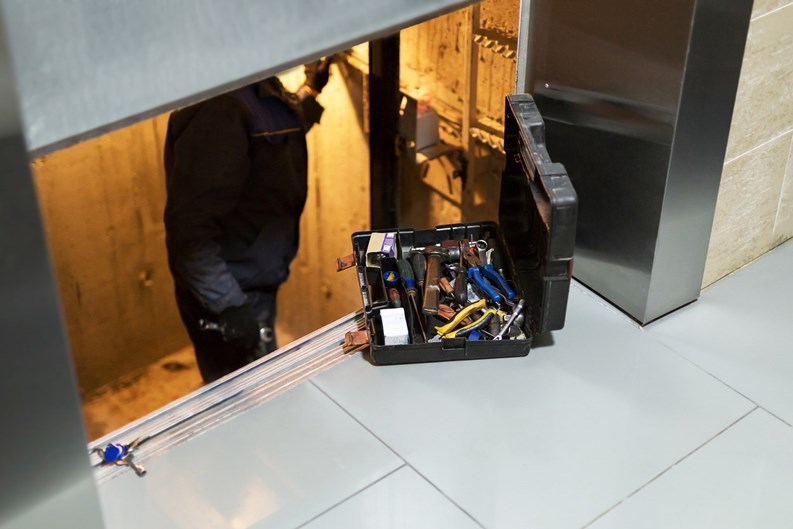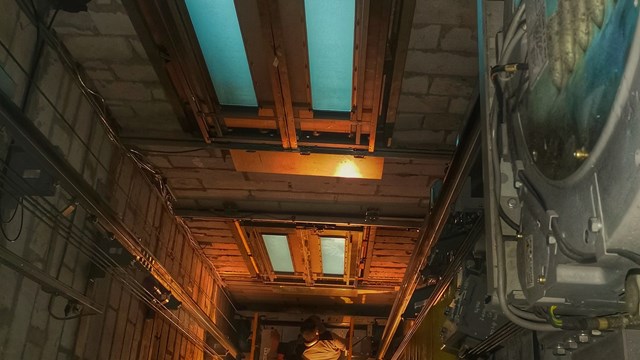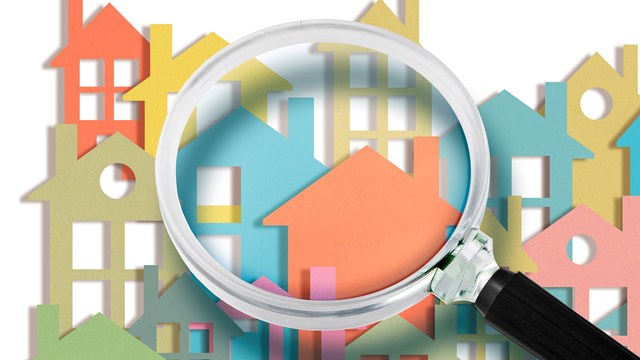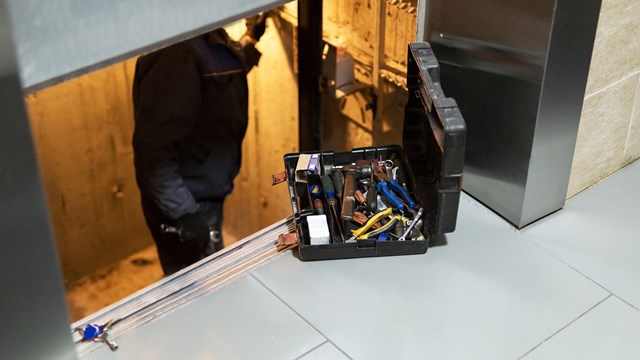Upgrading an elevator is one of the most potentially disruptive - and expensive - projects a co-op or condo can undertake. Many hours of deliberation by boards after extensive consultation with managers and elevator consultants are required. That said, a decision to upgrade or not may be somewhat moot in light of two new regulations adopted in New York City that will affect elevator machinery and cabs. The first concerns door-lock monitors, which must be put in place by January of next year, while the second focuses emergency brakes - the installation of which is required by 2027.
What to Consider
Before we get into the new requirements, what factors should a board take into account when deciding whether or not to upgrade their building’s elevator? ElevatorLab, an elevator consultancy located in San Francisco, offers several factors for consideration: ride performance, acoustic performance, aesthetics, longevity, reliability, serviceability, and occupant needs. Other factors affecting a decision include age, repair cost, energy rebates, and emergency service bills. A good rule of thumb is that the cost to repair should be less than the cost to replace plus 50 percent.
“Certainly, safety should be the first consideration,” says Alan Warshavsky, a senior account executive with Manhattan management firm Gumley Haft. He points out that the useful life, or ‘life-expectancy,’ of elevator machinery is in the 20- to 25-year range. Simply put, every elevator installed before 1994 should be subject to review and inspection to determine whether upgrading is necessary, or can be postponed to a later date.
Joseph Caracappa, President of Sierra Consulting Group, an elevator consultancy located in Manhasset, New York, points to the age of the elevator system as the most important factor. “The first thing we do is gauge the remaining useful life of the elevator,” he says. “We also look at whether the manufacturer is still supporting the elevator and machinery, in other words, are parts and technicians still available to repair the system if need be?”
Making the Decision
Clearly, cost is an issue for most co-op and condo boards when making a major capital decision such as elevator upgrading. Caracappa offers the following advice: “There’s no 'thank you' for making a decision based on money, or how the elevator will operate going forward. There’s no measurement for this. Most clients want results with the minimum of inconvenience. You make a recommendation to clients based on the reality of their situation.” In the end, cost may simply be an important factor in determining whether you upgrade your building’s elevators, and to what extent. But the condition of your machinery and the prospect of a future emergency may well outweigh the shorter-term financial concerns.
New Requirements
As stated earlier, two new regulations concerning elevators -- especially automatic ones -- in New York City buildings could also impact the decision to upgrade. By January 1st of 2020, all buildings with automatic elevators will be required to install a system to monitor and prevent automatic operation with faulty door contact circuits. And by 2027, all elevators must have emergency brakes as well. Automatic elevators are any elevators that don’t require a manual closing of a gate or door or other apparatus to initiate elevator movement, buttons not included. If your building happens to have an elevator attendant who only pushes a button, the new regulation affects you too.
“The door locks required for January 2020 can cost $15,000-$25,000 per car,” Warshavsky says. He has a couple of boards that have backed off from full modernization in favor of just door monitoring due to the high cost. Additionally, he notes that with 2027 around the corner, the installation of emergency brake systems required as of that date should now be considered as a part of any modernization program.
Caracappa adds that his firm considers both the door locks and the emergency brakes in all modernization estimates it undertakes.
AJ Sidransky is a staff writer at The Cooperator, and a published novelist.







Leave a Comment